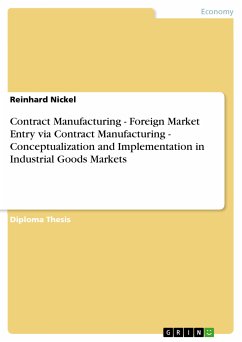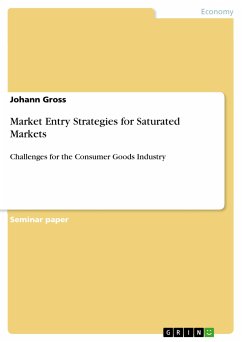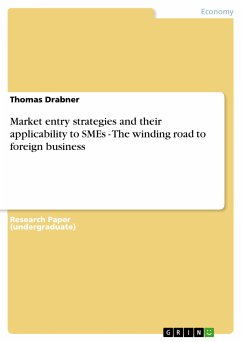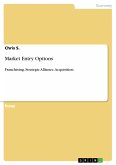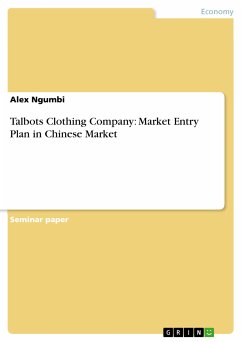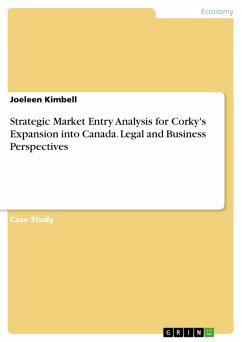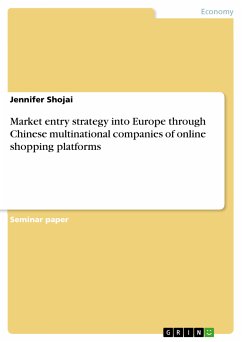Diploma Thesis from the year 2000 in the subject Business economics - Offline Marketing and Online Marketing, grade: good (2,0), Ruhr-University of Bochum (VWA Lippstadt), language: English, abstract: There is almost no day passing without any news about mergers, acquisitions or cooperations between two or more companies. In most cases, one of the major motivations is the recognition of cost reduction potentials to stabilize profits. Daimler-Benz and Chrysler, since early 1999 known as DaimlerChrysler, merged their R & D and sourcing activities to achieve economies of scale. But for what reason do they have to stabilize profits? Because they live in a world of decreasing margins and stagnating sales. It is evident that despite their high volumes the markets of the industrialized countries are almost satisfied and lack appreciable growth rates. Product life cycles (PLCs) become gradually shorter, reducing the profit periods of products. Moreover, these markets are mostly dominated by a destructive price competition so that often companies are forced to offer at almost dumping prices in order to survive. The big German mineral oil enterprises recently claimed that the introduction of Dea's payback card to bind their customers via a one-pfennig (!) patronage refund per consumed liter had been, in their opinion, responsible for a follow-up ruinous price "battle". At the same time, they were all fighting together against the private brands. Shortly afterwards, it was the food trade battling, which had been instigated by Wal Mart's dumping-price policy with basic foodstuff. And this development will continue. Therefore, companies more and more initiate activities to conquer foreign markets, with many of them evading to less developed countries. This apparent contradiction turns out to be a logical step of enlarging upon business activities because many of these countries are on the threshold of becoming industrialized and consequently, they reveal huge potentials of unsatisfied demands, which, up to that point, remained unattended. Hence, even small and medium-sized enterprises turn "international", seeking advantages in distribution and sourcing as well.
Dieser Download kann aus rechtlichen Gründen nur mit Rechnungsadresse in A, B, BG, CY, CZ, D, DK, EW, E, FIN, F, GR, HR, H, IRL, I, LT, L, LR, M, NL, PL, P, R, S, SLO, SK ausgeliefert werden.

